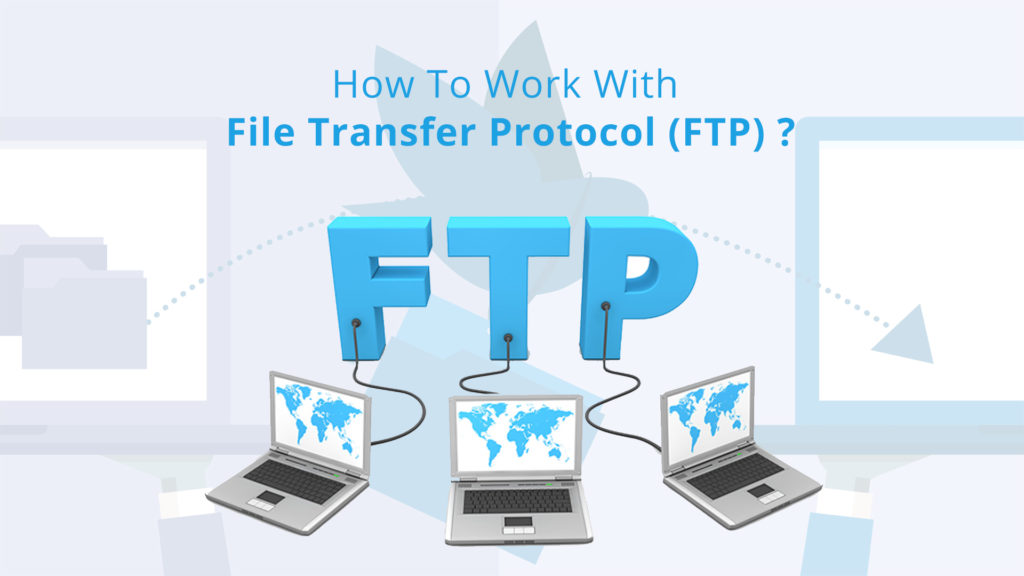To fuel revenue growth and optimize sales performance, ensure your organization has an efficient lead assignment.
Historically, lead assignments heavily relied on manual processes, frequently leading to missed opportunities and subpar outcomes. Nevertheless, with the emergence of data-driven analytics, organizations can revolutionize their lead assignment strategies, thereby attaining superior outcomes.
We are here with this article to discuss the transformative power of data-driven analytics in lead assignments. Let’s dive deep and explore why relying on traditional lead assignment methods harms your business.
Advanced lead analytics can help you enhance lead qualification processes, resulting in a more refined and targeted approach to customer acquisition.
Furthermore, leveraging data-driven insights enables sales teams to boost their productivity, as they can focus their efforts on leads with the highest likelihood of conversion, thus optimizing their time and resources.
Table of Contents
The challenges of lead assignment
In the traditional lead assignment approach, sales teams relied on subjective judgment and manual processes to assign leads. This method was susceptible to human biases, leading to inconsistent outcomes, errors, and missed opportunities. As the organizations grew, the sheer volume of leads and the complexity of decision-making made it challenging for sales teams to allocate leads effectively and efficiently.
The limitations of manual lead assignment significantly impacted sales performance. Misaligned leads wasted valued time and resources and resulted in decreased conversion rates and lost revenue opportunities.
It became evident that a more data-driven approach was necessary to overcome these challenges and achieve the full potential of lead assignment. Shoplogix connectivity to real-time data and live insights empowers you to take action on your shop floor.
Leveraging data-driven analytics for lead assignment
Analytics allows businesses to make informed and data-backed decisions when assigning leads. Using data, companies benefit from several advantages:
Improved lead qualification and prioritization: Data-driven analytics allows for a more accurate lead quality assessment, enabling sales teams to focus on the most promising prospects. By considering demographic and firmographic data, behavioral and interaction patterns, and historical sales data, businesses can prioritize leads based on their ability to become a customer.
Increased sales productivity and efficiency: A data-driven algorithm can automate lead assignment to reduce manual effort and streamline the process. Assigning leads to the right sales rep based on their skill sets and past performance ensures that each lead receives the attention it deserves. This increased efficiency translates into higher productivity and faster response times.
Enhanced customer experience and satisfaction: Utilizing data-driven lead assignments, businesses can personalize their interactions with leads and make sure they receive tailored and relevant communications. By understanding each lead’s unique characteristics and needs, sales reps can also provide a more personalized experience, which helps build trust and rapport with potential customers.
Implementing data-driven lead assignment
To harness the power of data-driven lead assignment, businesses need to follow a systematic implementation process:
Data collection and management: Identify relevant data sources in your organization, such as CRM systems, marketing automation platforms, and external data providers. Ensure data quality and accuracy by implementing data governance practices and regularly validating and cleansing the data.
Access to the right data is more important than having a lot of data. Therefore, you can hire an individual (or a team, in the case of a big company) to govern the data quality and maintain cleanliness in the system. Additionally, businesses must prioritize data privacy and security to comply with regulations and maintain customer trust.
Developing the lead assignment model: Define key performance metrics and objectives that align with the business goals. To build the lead assignment model, select appropriate algorithms and techniques, such as machine learning, clustering, and decision trees. Train and fine-tune the model using historical data to ensure its effectiveness in predicting the best assignments.
Integrating the model into the lead assignment process: Automate the lead assignment process to leverage the real-time decision-making capabilities of the data-driven model. Foster collaboration between sales and analytics teams to ensure seamless integration and continuous improvement. Establish monitoring mechanisms to evaluate the model’s performance and make necessary adjustments over time.
Overcoming Challenges and Considerations
While data-driven lead assignment offers significant advantages, businesses must address certain challenges and considerations:
Addressing potential biases and limitations: Data-driven models are not immune to biases inherent in the data they are trained on. It is crucial to identify and address these biases to prevent unfair treatment of leads and potential inaccuracies in assignment decisions.
Ensuring data privacy and compliance: As businesses collect and analyze customer data, they must prioritize data privacy and comply with regulations such as the General Data Protection Regulation (GDPR) and other applicable laws. Safeguarding customer information is essential for maintaining the trust and protecting sensitive data.
Change management and adoption challenges: Introducing data-driven lead assignments may require a shift in the organization’s culture and processes. Companies must invest in change management strategies to educate and train employees on the benefits and usage of the new system, ensuring smooth adoption and acceptance.
Balancing automation with human expertise: While data-driven lead assignment offers significant automation, human expertise and intuition still play a vital role. Companies must balance automation and human involvement to ensure personalized and meaningful interactions with leads.
Conclusion
The data-driven lead assignment can potentially revolutionize how businesses approach sales performance optimization.
As a business, you can improve lead qualification, increase productivity, and enhance the customer experience by leveraging data and analytics.
By systematically implementing data-driven models and algorithms, your organizations can optimize lead assignment strategies, resulting in higher conversion rates, increased revenue, and improved customer satisfaction.
As we know, the sales process never remains the same and always evolves according to the need of the hours. There was a time when knocking on the doors was the most effective way to make a sale, but nowadays, having people’s data at hand and making personalized communication and offers via online platforms is the key to success.
Therefore, embrace data-driven analytics in your sales process, giving you a competitive edge in the market.

